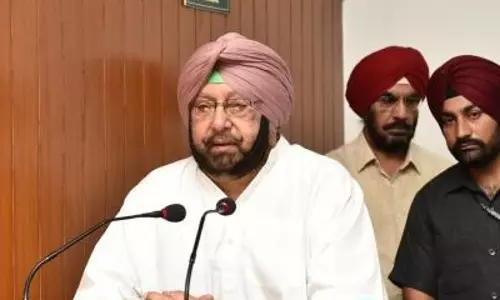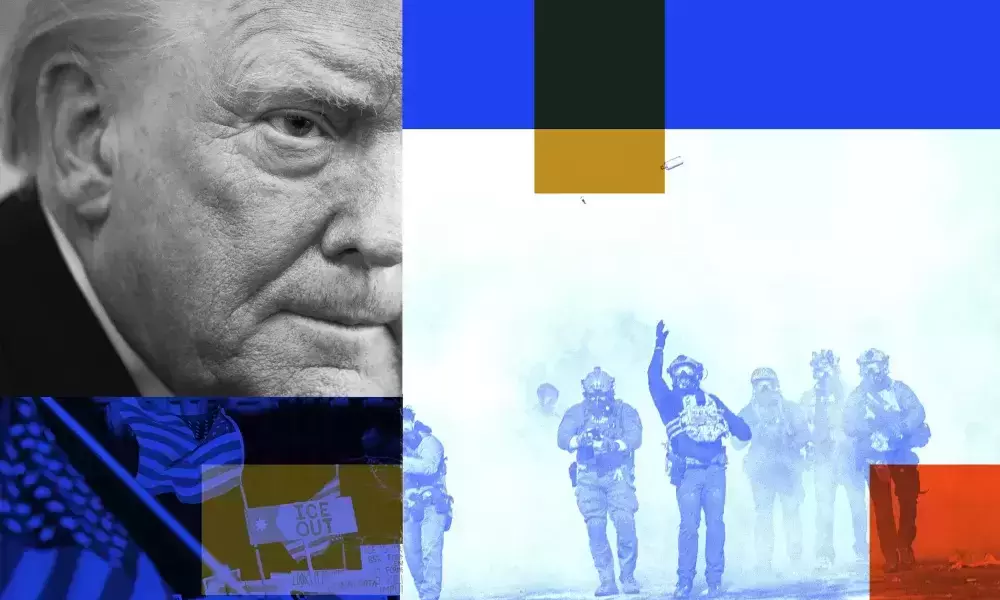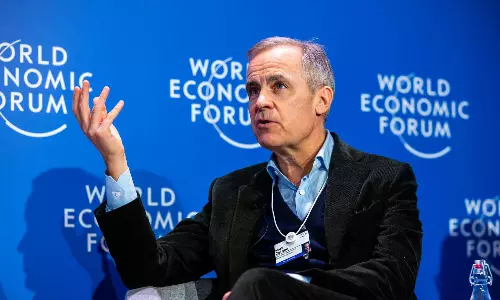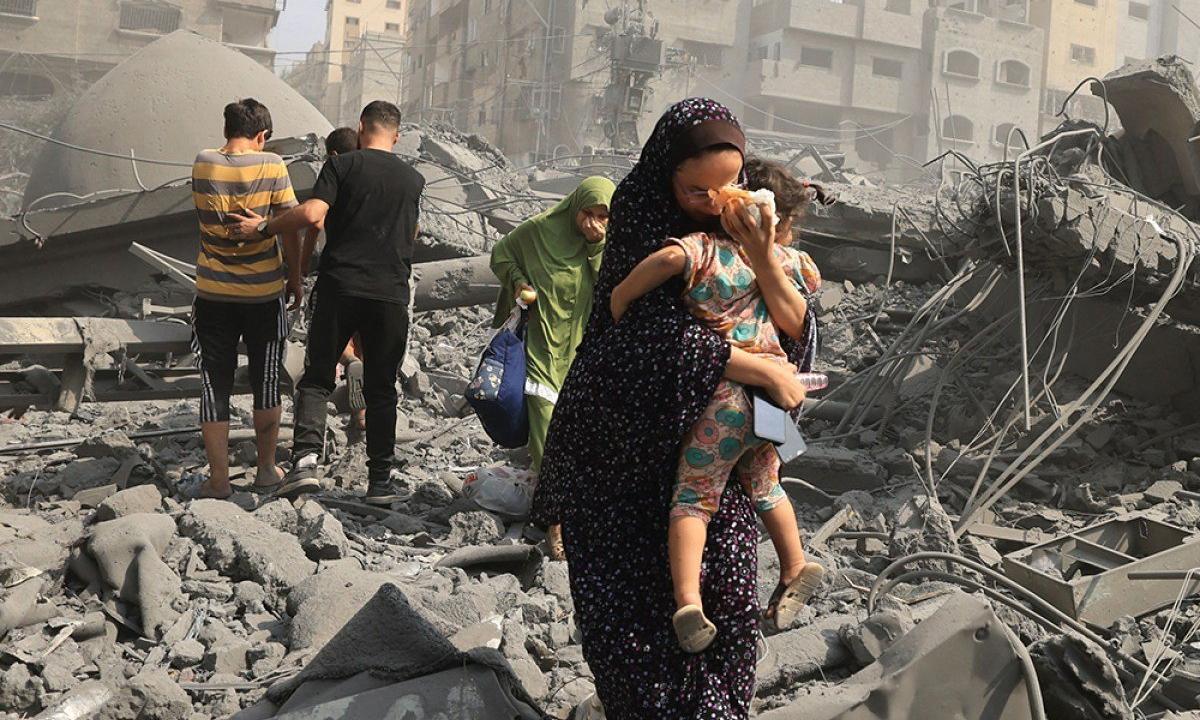
UN Security Council to vote on Gaza ceasefire resolution backed by US
text_fieldsRepresentational.
The United Nations Security Council is set to vote on a US-drafted resolution supporting Washington's Gaza ceasefire plan and urging Hamas to accept the terms.
The resolution, which was announced by the council presidency, comes after a truce and hostage release proposal was put forward by President Joe Biden on May 31.
The text of the resolution, as seen by AFP, "welcomes" Biden's proposal and "urges both parties to fully implement its terms without delay and without condition." Unlike earlier drafts, the current resolution specifically notes that Israel has "accepted" the US ceasefire proposal.
"This proposal is the best opportunity we have right now to bring at least a temporary halt to this fighting, to be able to get more assistance in, get hostages released," said Robert Wood, the deputy US ambassador to the UN. He emphasized the need to put pressure on Hamas to accept the deal, stating, "We're on the cusp of doing something really, really important."
The United States, known for its strong alliance with Israel, has faced criticism for blocking several UN draft resolutions that called for a ceasefire in Gaza. However, Biden's recent push for a truce and hostage release marks a significant shift in US policy.
Under the proposed plan, Israel would withdraw from Gaza population centers, and Hamas would release hostages. The ceasefire would initially last for six weeks, with the potential for extension as negotiators work towards a permanent resolution to the hostilities.
Since the Hamas attack on southern Israel on October 7, which resulted in the deaths of 1,194 people, mostly civilians, and the subsequent Israeli counterattack, the UN Security Council has struggled to take decisive action. The conflict has led to the deaths of at least 37,084 people in Gaza, primarily civilians, according to the Hamas-run territory's health ministry.
Hamas officials have demanded that any ceasefire agreement include a permanent end to the war, a condition that Israel has rejected, maintaining its stance on destroying Hamas capabilities and freeing the remaining captives.
The proposed ceasefire plan involves several phases. The first phase calls for an "immediate, full and complete ceasefire," the release of hostages in exchange for Palestinian prisoners in Israeli jails, and the "withdrawal of Israeli forces from populated areas in Gaza." This phase would also facilitate the "safe and effective distribution of humanitarian assistance at scale throughout the Gaza Strip to all Palestinian civilians who need it," according to the draft text.
In a bid to promote the plan, US Secretary of State Antony Blinken arrived in Israel on Monday, even as Israeli bombardment continued to impact the Palestinian territory.























